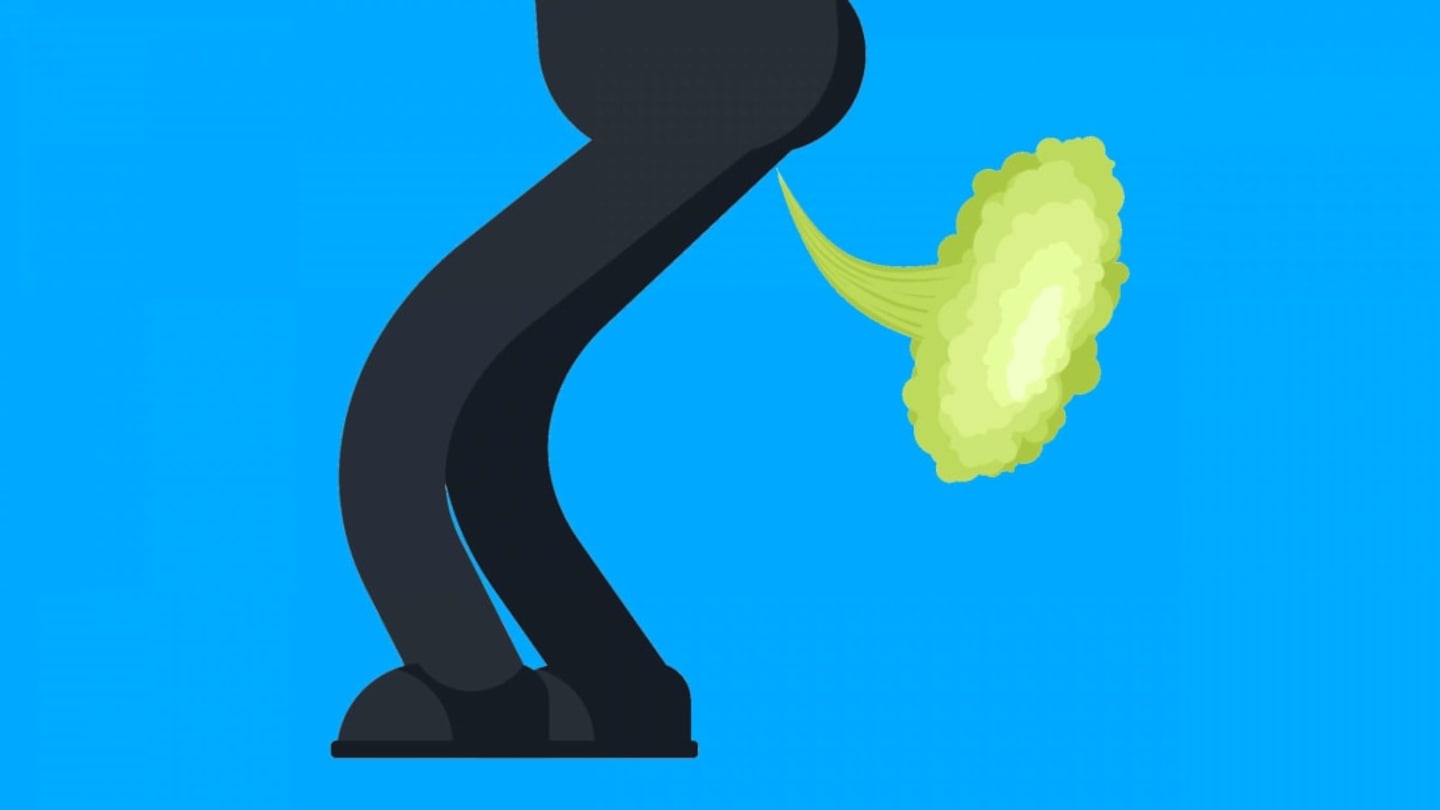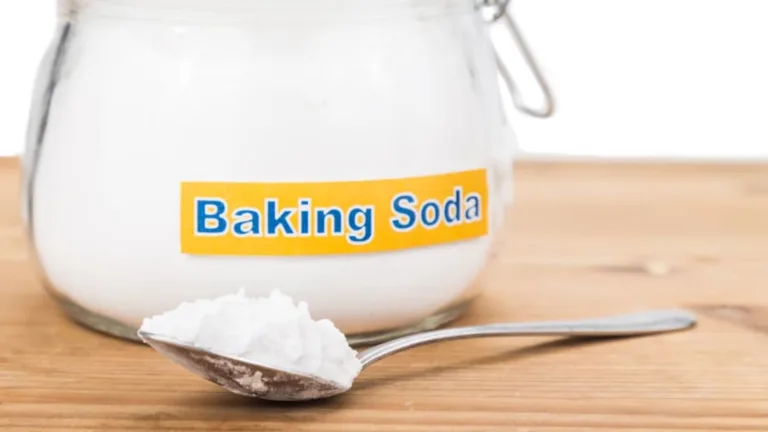We all do it, from the youngest babies to the Oldest Folks – passing gas is a completely natural part of being human. It’S Our Body’s way of releasing built-up gas that has no other purpose. You might think about it as Your Digestive System’s little “poof” moment!
But there’s More To Facts About Farts than just the funny noises they make. This fascinating bodily function involves a complex interplay of swallowed air, Food Breakdown, and even tiny bacteria working hard in our intestines. The mix of gases released – Primarily Nitrogen, oxygen, Carbon Dioxide, hydrogen, and methane – can vary depending on what you eat and how your body processes it.
So, buckle up! We’re about to dive into the world of farts, exploring everything from their surprising origins to why some people seem to be more gassy than others. Get ready for some fun facts and maybe even a few “aha” moments along the way.
The Science Behind Farts
Now, let’s get down to the nitty-gritty – the science behind those toots! When you eat, your body breaks down food into Smaller Components. Some of these components can’t be fully digested and end up in your large intestine. That’s where a bustling community of bacteria comes in. These tiny microorganisms feast on the Undigested Matter, producing gases as a byproduct. Think of them as little chefs working overtime in your gut!
Not all of us have the Same Bacterial Crew, though. The composition of our gut microbiome – the collection of all those helpful bacteria – can vary significantly from person to person. This is why some people are Naturally More Gassy Than Others. Additionally, swallowed air during meals and drinking carbonated beverages also contributes to the mix of gas in your digestive system. It’s a bit like adding extra air to a balloon!
So, next time you let out a Little Rumble, remember that there’s a fascinating scientific process happening inside you.
Causes of Flatulence
As we learned, our gut bacteria play a starring role in gas production. But what can trigger them to work overtime? Well, certain foods are notorious for causing More Flatulence Than Others. Beans, lentils, cabbage, onions, and broccoli are some of the Biggest Culprits. They contain complex sugars that our Bodies Struggle To Digest, leading to increased fermentation by those Diligent Bacteria.
Carbonated beverages, Chewing Gum, and even sucking on hard candy Can Contribute To Swallowed Air, which ultimately ends up as gas in your digestive system. Don’T Forget About Medical conditions! Irritable bowel syndrome (IBS) and lactose intolerance can also lead To Excessive Flatulence. If you notice a sudden change in your gas production or if it’s accompanied by other symptoms like abdominal pain or diarrhea, it’s a good idea to consult with your doctor.
It’s important to remember that everyone is different! What causes a lot of gas for one person might barely register for another.
 Weirdest Clouds: 8 Unusual Cloud Formations Explained
Weirdest Clouds: 8 Unusual Cloud Formations ExplainedDietary Triggers and Gas Production
Let’s talk about those foods that can turn your tummy into a bubbling cauldron of gas! Some ingredients are infamous for their flatulence-Inducing Powers. Beans, lentils, and cruciferous vegetables like broccoli, cabbage, and cauliflower are high in complex sugars that our bodies have a Hard Time Breaking Down. This leads to increased fermentation by Gut Bacteria, resulting in more gas.
Interestingly, some people find that dairy products cause them significant bloating and discomfort. This is often due to lactose intolerance, where the body lacks the enzyme Needed To Digest Lactose, a sugar found in milk. Other common culprits include carbonated beverages, which introduce air into your digestive system, and sugary snacks and desserts, Which Can Feed Those gas-Producing Bacteria.
Remember, paying attention to your diet and identifying your personal triggers can help You Manage Flatulence.
Social and Physical Implications
Let’S Face It; farts can be a bit of a social minefield! While they’Re Completely Natural, excessive or foul-smelling gas can lead to embarrassing moments and awkward silences. It’s important to remember that everyone Experiences Gas, and there are usually ways to Manage It Discreetly. A quick trip to the restroom or strategically placed air freshener can often save the day!
But beyond the social implications, Flatulence Also Has Physical Effects. While passing gas regularly is a sign of a healthy digestive system, excessive or persistent gas can indicate Underlying Digestive Issues. If you’Re Experiencing Bloating, discomfort, Abdominal Pain, or changes in stool habits alongside Frequent Farting, it’s wise to consult with your doctor. They can help rule out any serious medical conditions and provide guidance on managing your symptoms.
When To Seek Medical Attention
While passing gas is a normal part of life, there are times when it’s Important To Seek Medical Attention. If you experience sudden or significant changes in your farting patterns, especially if accompanied by other symptoms Like Abdominal Pain, bloating, diarrhea, or constipation, it’s best to err on the side of caution.
Also, pay attention to the odor and color of your gas. Foul-smelling or black gas could indicate a serious digestive issue. Remember, When To Seek Medical Attention is subjective and depends on your Individual Circumstances. It’s always better to consult a Doctor If you’Re Concerned About Your Health. They can provide personalized advice based on your symptoms and medical history.
More for curious minds
Unlock extra content and exclusive deals tailored to your interests.










